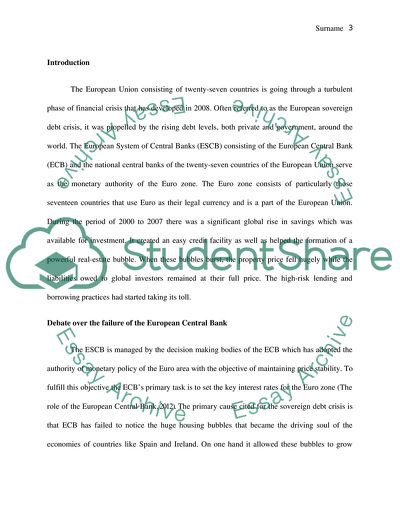Cite this document
(To what extent the current European banking union project might hurt Term Paper, n.d.)
To what extent the current European banking union project might hurt Term Paper. Retrieved from https://studentshare.org/macro-microeconomics/1788248-to-what-extent-the-current-european-banking-union-project-might-hurt-economic-growth-would-that-still-be-worth-the-risk
To what extent the current European banking union project might hurt Term Paper. Retrieved from https://studentshare.org/macro-microeconomics/1788248-to-what-extent-the-current-european-banking-union-project-might-hurt-economic-growth-would-that-still-be-worth-the-risk
(To What Extent the Current European Banking Union Project Might Hurt Term Paper)
To What Extent the Current European Banking Union Project Might Hurt Term Paper. https://studentshare.org/macro-microeconomics/1788248-to-what-extent-the-current-european-banking-union-project-might-hurt-economic-growth-would-that-still-be-worth-the-risk.
To What Extent the Current European Banking Union Project Might Hurt Term Paper. https://studentshare.org/macro-microeconomics/1788248-to-what-extent-the-current-european-banking-union-project-might-hurt-economic-growth-would-that-still-be-worth-the-risk.
“To What Extent the Current European Banking Union Project Might Hurt Term Paper”. https://studentshare.org/macro-microeconomics/1788248-to-what-extent-the-current-european-banking-union-project-might-hurt-economic-growth-would-that-still-be-worth-the-risk.


